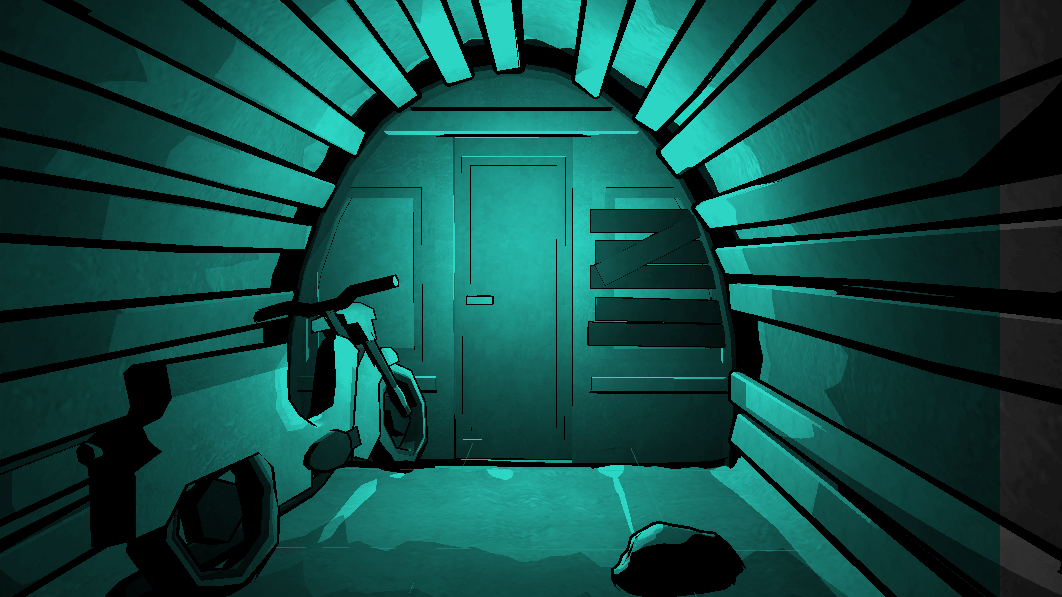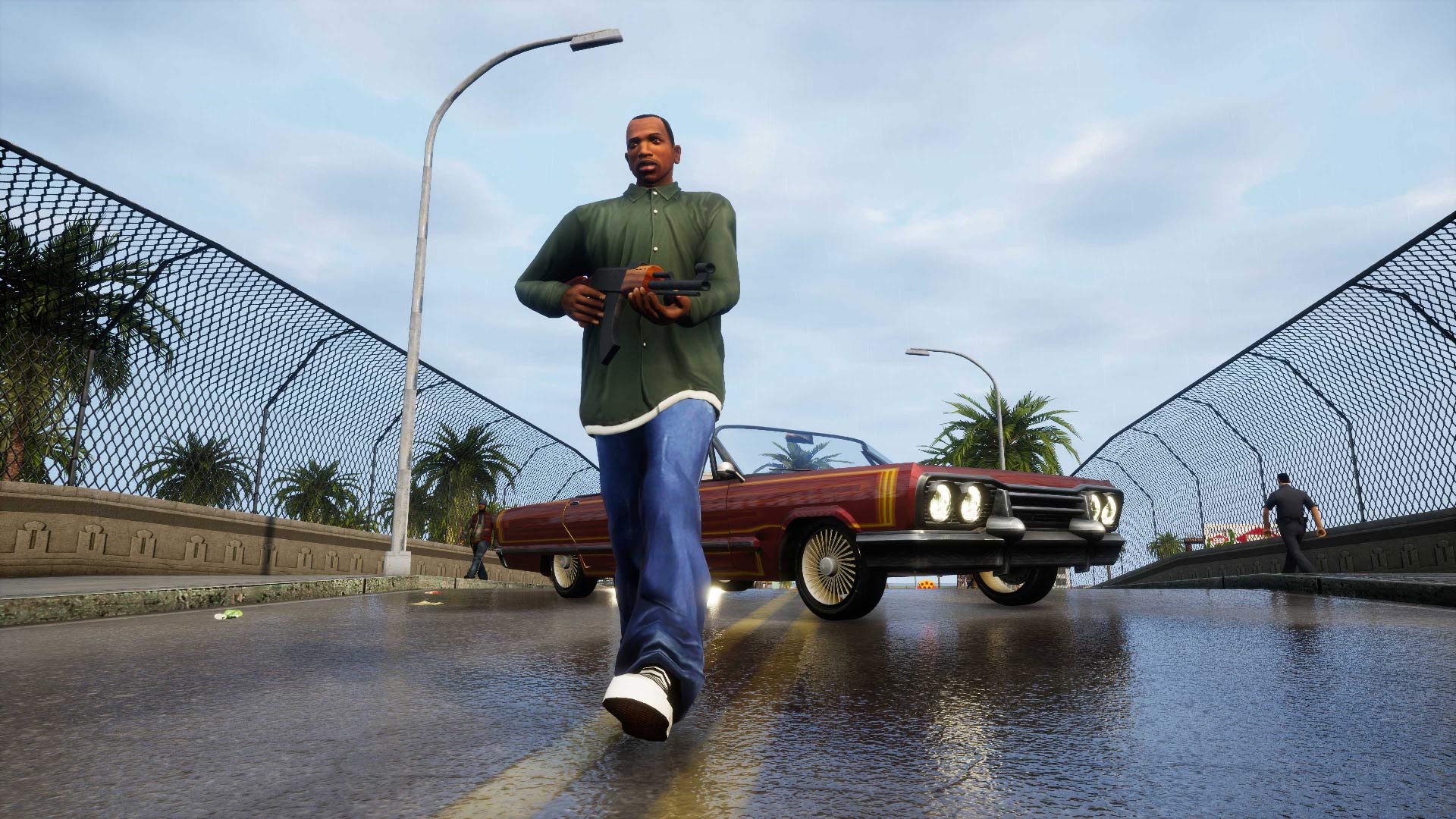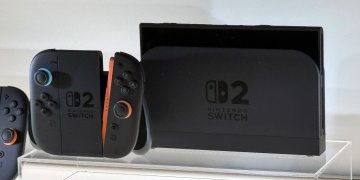The issues surrounding cheaters in Call of Duty: Black Ops 6 and Warzone have surged since the start of Season 1, even with the RICOCHET anti-cheat measures in place. The team at Activision has revealed that a data outage hampered the effectiveness of their anti-cheat system during the launch of Season 1 for both Black Ops 6 and Warzone. In a reflective blog post, TeamRICOCHET acknowledged that, although the anti-cheat systems functioned adequately during Black Ops 6’s initial release, they fell short during the Season 1 integration—especially within the Ranked Play modes.
Activision’s TeamRICOCHET, responsible for Call of Duty’s in-house anti-cheat software, reported that 19,000 accounts, largely from Ranked Play, were banned during Season 1. They are now intensifying ban waves hourly to manage the growing batch of suspicious accounts, thanks to newly enhanced detection methods.
The prevalence of cheating in playlists for Warzone and Black Ops 6 has prompted TeamRICOCHET to bolster its human moderation workforce. They’ve also expanded their AI-driven Replay Investigation systems to handle the influx of reports about questionable behavior. The in-house developed, kernel-level RICOCHET anti-cheat, along with supportive AI systems, are slated for more updates. These are aimed at identifying disruptive players before they can join games. New detection methods on the client and server sides are also being prepared for the upcoming Seasons 2 and 3 of Black Ops 6 and Warzone.
“Even though we have made strides, we recognize there’s more to do and are excited to unveil significant updates as the new year rolls around,” stated TeamRICOCHET in their post.
TeamRICOCHET has been careful in disclosing details about their mitigation tactics for various hacks since starting with Modern Warfare 2’s post-launch seasons, as over-sharing could potentially help hackers finding new loopholes.
The increased moderation and anti-cheat activities have been met with mixed reactions from Call of Duty players on social media platforms. Activision, historically known for being quite secretive about its internal operations, has been more communicative lately, especially concerning RICOCHET anti-cheat. Nonetheless, they must withhold certain mitigation tactics to prevent savvy cheaters from exploiting potential weaknesses.
This inherent secrecy has fueled conspiracy theories within the community, particularly concerning the consequences faced by players accused of cheating. TeamRICOCHET confirmed that suspected cheaters may be placed into restricted matchmaking pools, sparking further rumors that spam reports might lead to unfair penalization, especially when gamers encounter blatant cheaters or experience high latency in-game.
However, Activision and TeamRICOCHET have clarified in previous reports that spam reports don’t heavily influence the detection outcome. Player reports serve as a valuable tool for tracking down those who circumvent other detection methods. While false reporting has been around for a long time, methods are in place to prevent sore losers from causing undeserved shadow bans.
Early mitigation measures primarily rely on AI detection rather than erroneous reports or human review, making the speed of detection a critical function of AI systems. The heightened latency some players experience is more plausible due to the stability issues plaguing Black Ops 6 and Warzone servers since Season 1’s debut.
For those worried about unintentional shadow bans, Activision provides a way to review the status of your account through their support page. You can check whether you’re under any kind of restriction and appeal a ban if necessary.
To sidestep potential bans or matchmaking restrictions, it might be time to refine your setup. Check out various controller settings to elevate your Black Ops 6 gameplay, learn how to boost your XP gains without resorting to cheats, or explore hardcore multiplayer to refine your COD skills without resorting to an unlock tool.















































